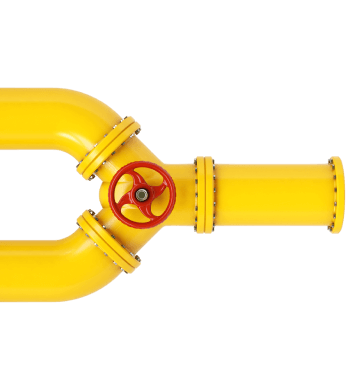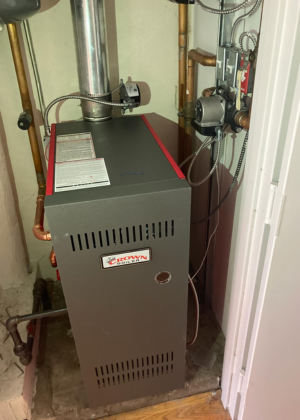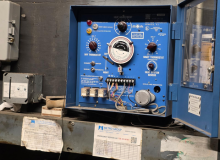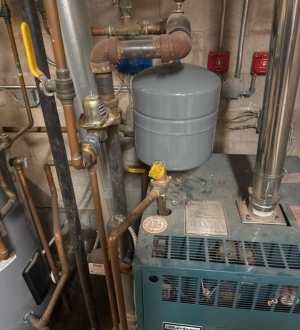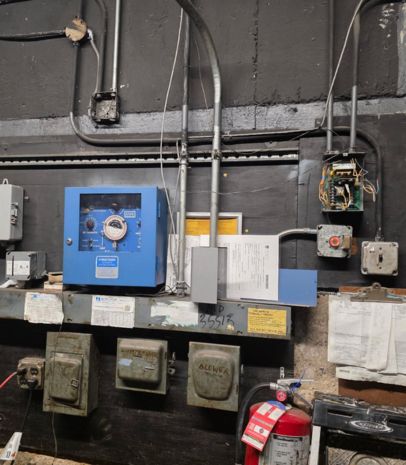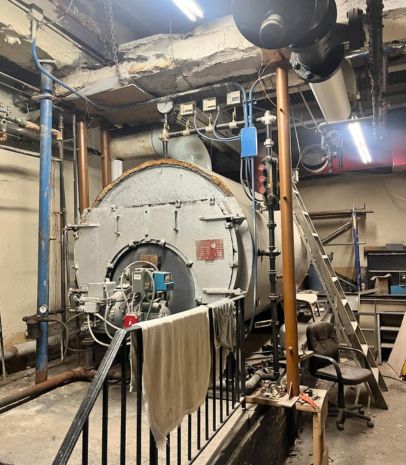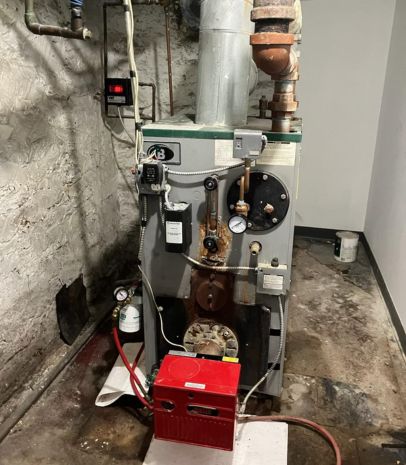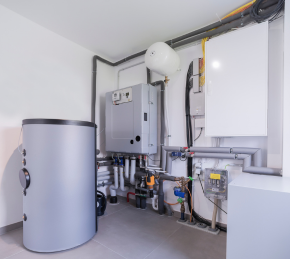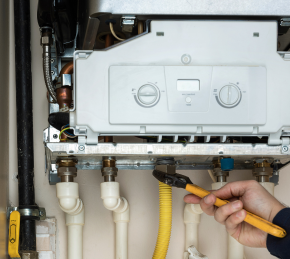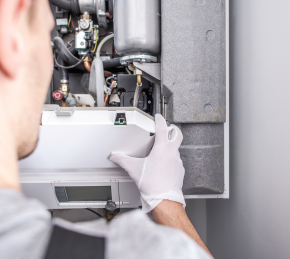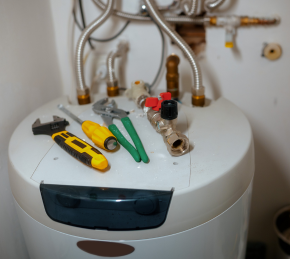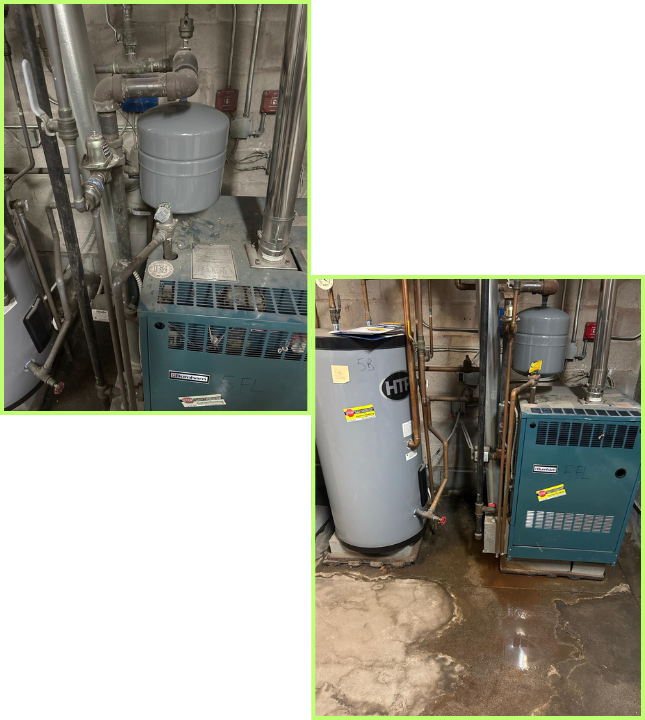Professional Boiler Installation & Replacement
Sometimes, repairing an old unit isn’t enough — especially if it’s inefficient or unreliable. That’s why we offer complete boiler installation and replacement services for both homes and businesses.
Our experienced installers handle everything from small residential steam boilers to large commercial heating systems. We’ll help you choose the best model for your property and budget — whether it’s gas, oil, or electric — and make sure it’s installed safely, up to code, and ready for NYC’s tough winters.
We also specialize in Cleaver Brooks company systems, offering full Cleaver Brooks sales and service support for high-performance commercial setups.
When it’s time for a boiler replacement, our team manages removal, installation, and testing — so you never have to worry about downtime or hidden costs.
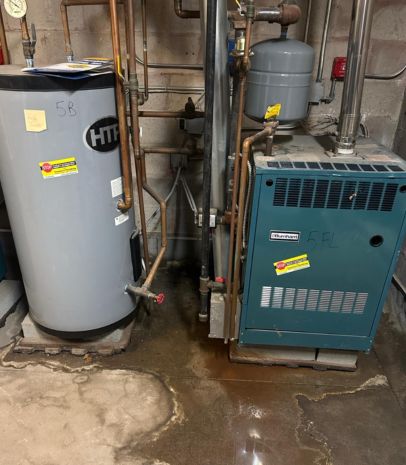
 24 HOUR SERVICE - 7 DAYS A WEEK
24 HOUR SERVICE - 7 DAYS A WEEK







 New York City Boilers
New York City Boilers

